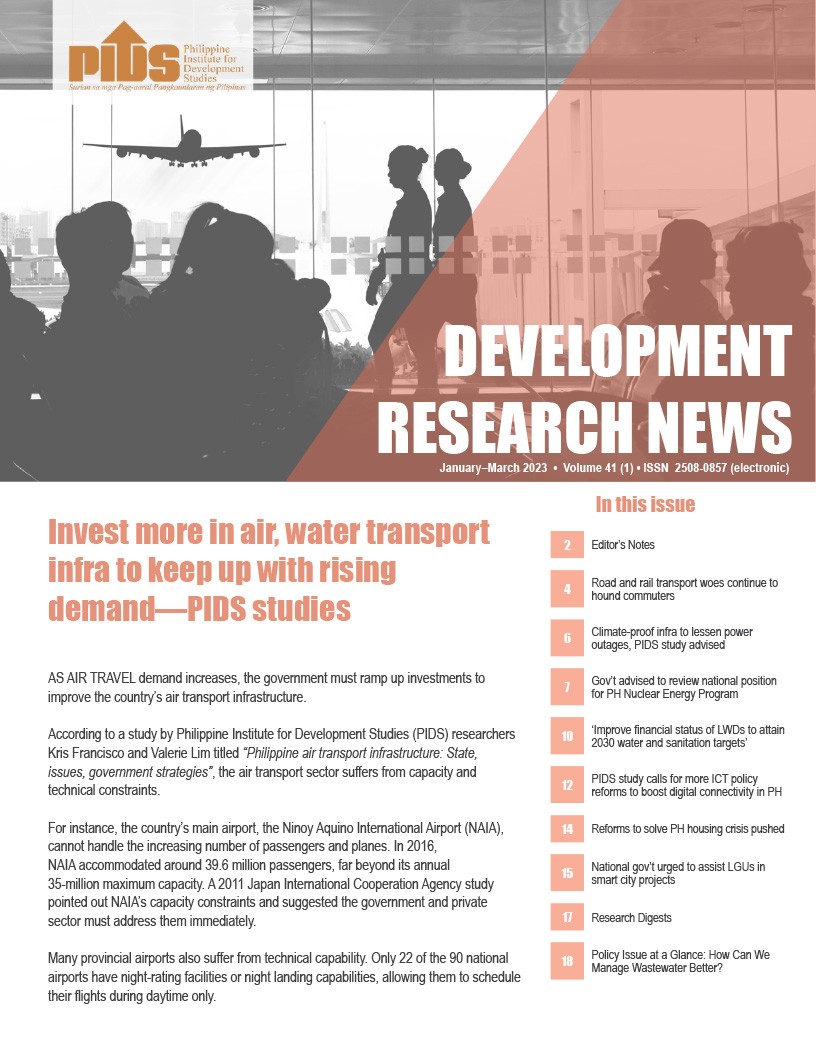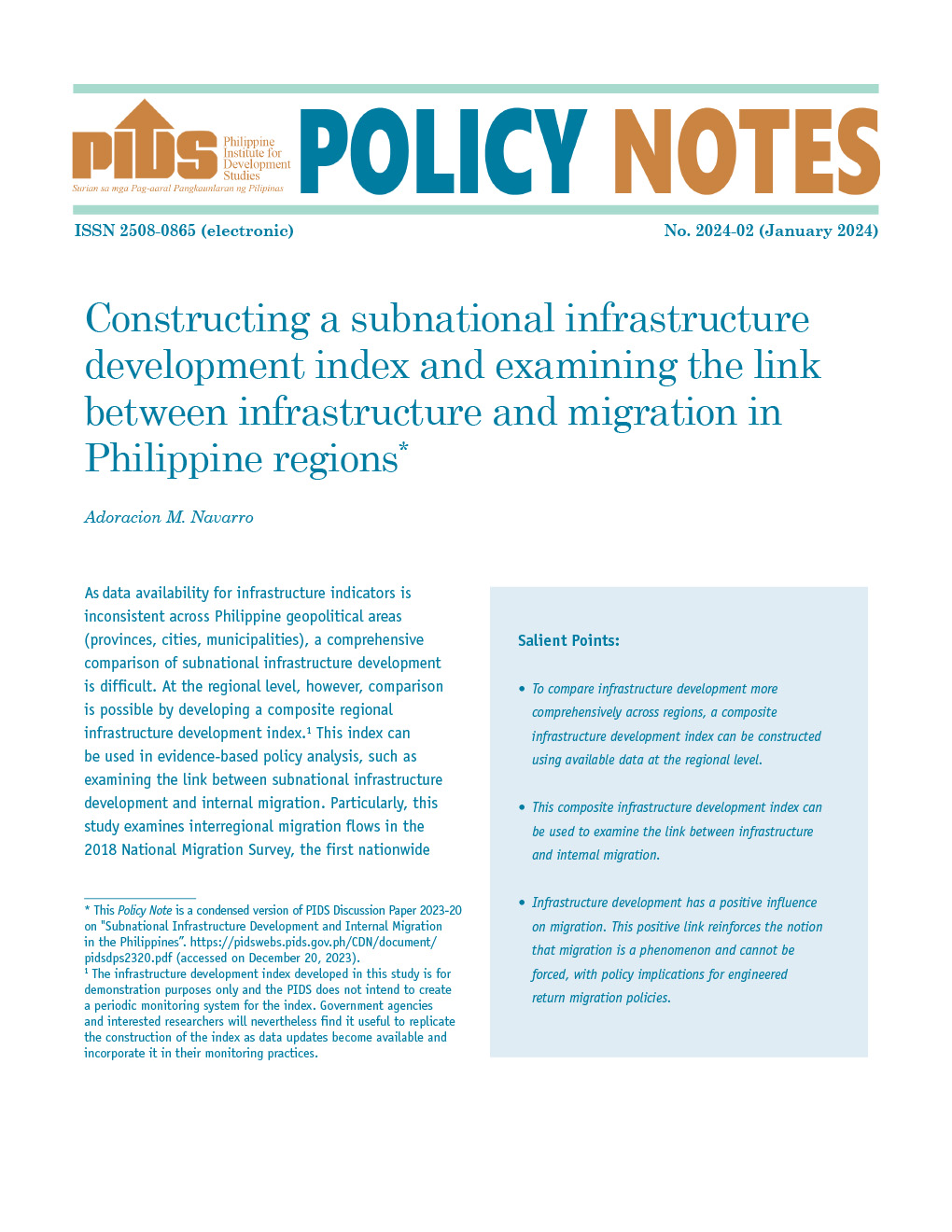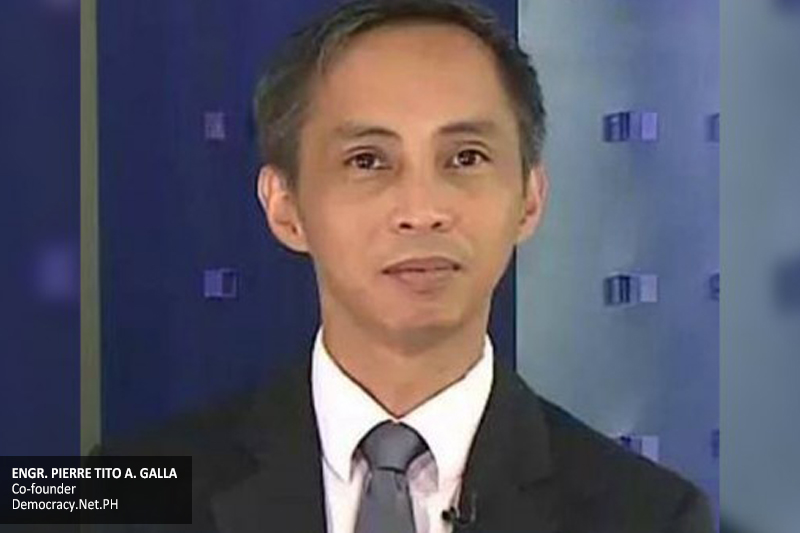A recent study by Philippine Institute for Development Studies (PIDS), the government’s economic think tank, concludes that the quality of our telecommunications regulatory environment is significantly below international standards and outdated. Of course, we all know that out of personal experience.
Anyway, our worse suspicions have been proven spot on. PIDS researchers found out that the Philippines has an overall rating of 52.50. That’s midway of the ideal level in the scoring system set by the International Telecommunications Union.
We are also the second lowest among seven Southeast Asian countries assessed in four clusters: regulatory authority, regulatory mandate, regulatory regime, and the competition framework. The six other countries assessed are Singapore, Malaysia, Vietnam, Thailand, Myanmar, and Cambodia.
Again, not surprisi ng, the Philippines scored lowest in the regulatory regime with only seven out of 30 points. Regulatory regime refers to specific regulatory interventions needed to promote a healthy competitive environment.
We are increasingly being compared with Myanmar, a country that only recently emerged from isolation. Yet, Myanmar seems better than us in terms of quality of service monitoring which our government’s regulatory rules do not require.
One other weakness PIDS researchers found with our system is the absence of number portability, or the ability of mobile phone users to retain their mobile number when changing from one mobile network carrier to another.
Portability encourages telcos to be more competitive in rates and service quality because subscribers can make an easy switch and still keep the same phone number. When I decided to shift carriers for my data plan some years ago, I had to retain the old carrier at their lowest monthly rate just so I can keep my number. That’s the number most people know to call or text me.
In Singapore and in the United States where my children live, phone numbers are portable. Additionally, in Singapore, there is no SIM lock. Number portability plus no SIM lock means the telco must really keep the subscribers happy or suffer business loss. The telcos here are sitting pretty with the rules favoring them.
The PIDS researchers pointed out our policies should promote the efficient use of facilities, and rules should clearly specify obligations of various market players. Ever since FVR deregulated the telco industry, the private players, for instance, used their power to limit interconnection to their system to keep market advantage by restricting consumer choice.
And there is little the government regulators can really do about it. This lack of regulatory mandate over interconnection rates and universal access/service made the Philippines rank second lowest with 10.5 next to Myanmar with 7.5, out of a possible 22 points.
Ironically, it would seem our telco industry is already over regulated as it is. A telco must first secure a franchise from Congress and a Certificate of Public Convenience and Necessity (CPCN) from the NTC. It was pointed out however, that based on international best practice, the first step is not necessary.
In APEC, the Philippines is the only member where legislative approval is required before one can apply for a certificate to operate from the regulator. What the telco industry needs is an unbiased and independent regulatory authority with the knowledge and tools to determine how the business ought to be run and protect the consumer.
The PIDS study also found out that handling of consumer complaints is divided between the NTC and the Department of Trade and Industry (DTI). But there is no entity providing comparative tariff information. There is also no single body (a “converged regulator”) with authority over ICT and media/broadcasting.
The study recommends that specific areas for reform of the regulatory environment should include giving the regulator the mandate over interconnection rates and universal access/service. “Information that will be useful to consumers should be made available and the mandate of the regulator should eventually be expanded in line with the emergence of new services.
That last part about expanding coverage of regulation as new services emerge is important. The NTC had been complaining that they don’t have a mandate to regulate value added services, including the data side of the telco business. Yet, the data side is what today’s telco business is all about.
But good luck to the recommendation that “Congress should no longer be involved in granting franchises as the regulator should have the sole authority for licensing.” That will never happen. In fact, Congress now wants to expand its franchise giving authority to casinos. How else can members of Congress satisfy their insatiable need for happiness?
The study also had something to say with another constant complaint of NTC that the fines they are allowed to impose are based on old laws like the Public Services Act of 1936 (Commonwealth Act 146) that sets a fine of not more than P200 per day. That’s certainly laughable. The fines should be commensurate to the gravity of the violation.
The study concludes that to improve the efficiency of Philippine telcos, the NTC must be restructured “to ensure its independence, diversifying its sources of funding, and allowing the NTC to set higher, more appropriate fines to deter bad behavior.
For all the money we are spending on our legislators, it seems they are not doing their work. They have neglected to update laws governing telcos, an industry that has grown tremendously in recent years. It’s sheer stupidity we still follow laws made before the Second World War. Our laws must catch up with technology.
But Speaker Pantaleon Alvarez and Rep. Rudy Farinas are too busy fighting with Imee Marcos and bullying everyone else, including the Supreme Court, to have the time to do their work. But why are the senators apparently sleeping on the job too?
Anyway, our worse suspicions have been proven spot on. PIDS researchers found out that the Philippines has an overall rating of 52.50. That’s midway of the ideal level in the scoring system set by the International Telecommunications Union.
We are also the second lowest among seven Southeast Asian countries assessed in four clusters: regulatory authority, regulatory mandate, regulatory regime, and the competition framework. The six other countries assessed are Singapore, Malaysia, Vietnam, Thailand, Myanmar, and Cambodia.
Again, not surprisi ng, the Philippines scored lowest in the regulatory regime with only seven out of 30 points. Regulatory regime refers to specific regulatory interventions needed to promote a healthy competitive environment.
We are increasingly being compared with Myanmar, a country that only recently emerged from isolation. Yet, Myanmar seems better than us in terms of quality of service monitoring which our government’s regulatory rules do not require.
One other weakness PIDS researchers found with our system is the absence of number portability, or the ability of mobile phone users to retain their mobile number when changing from one mobile network carrier to another.
Portability encourages telcos to be more competitive in rates and service quality because subscribers can make an easy switch and still keep the same phone number. When I decided to shift carriers for my data plan some years ago, I had to retain the old carrier at their lowest monthly rate just so I can keep my number. That’s the number most people know to call or text me.
In Singapore and in the United States where my children live, phone numbers are portable. Additionally, in Singapore, there is no SIM lock. Number portability plus no SIM lock means the telco must really keep the subscribers happy or suffer business loss. The telcos here are sitting pretty with the rules favoring them.
The PIDS researchers pointed out our policies should promote the efficient use of facilities, and rules should clearly specify obligations of various market players. Ever since FVR deregulated the telco industry, the private players, for instance, used their power to limit interconnection to their system to keep market advantage by restricting consumer choice.
And there is little the government regulators can really do about it. This lack of regulatory mandate over interconnection rates and universal access/service made the Philippines rank second lowest with 10.5 next to Myanmar with 7.5, out of a possible 22 points.
Ironically, it would seem our telco industry is already over regulated as it is. A telco must first secure a franchise from Congress and a Certificate of Public Convenience and Necessity (CPCN) from the NTC. It was pointed out however, that based on international best practice, the first step is not necessary.
In APEC, the Philippines is the only member where legislative approval is required before one can apply for a certificate to operate from the regulator. What the telco industry needs is an unbiased and independent regulatory authority with the knowledge and tools to determine how the business ought to be run and protect the consumer.
The PIDS study also found out that handling of consumer complaints is divided between the NTC and the Department of Trade and Industry (DTI). But there is no entity providing comparative tariff information. There is also no single body (a “converged regulator”) with authority over ICT and media/broadcasting.
The study recommends that specific areas for reform of the regulatory environment should include giving the regulator the mandate over interconnection rates and universal access/service. “Information that will be useful to consumers should be made available and the mandate of the regulator should eventually be expanded in line with the emergence of new services.
That last part about expanding coverage of regulation as new services emerge is important. The NTC had been complaining that they don’t have a mandate to regulate value added services, including the data side of the telco business. Yet, the data side is what today’s telco business is all about.
But good luck to the recommendation that “Congress should no longer be involved in granting franchises as the regulator should have the sole authority for licensing.” That will never happen. In fact, Congress now wants to expand its franchise giving authority to casinos. How else can members of Congress satisfy their insatiable need for happiness?
The study also had something to say with another constant complaint of NTC that the fines they are allowed to impose are based on old laws like the Public Services Act of 1936 (Commonwealth Act 146) that sets a fine of not more than P200 per day. That’s certainly laughable. The fines should be commensurate to the gravity of the violation.
The study concludes that to improve the efficiency of Philippine telcos, the NTC must be restructured “to ensure its independence, diversifying its sources of funding, and allowing the NTC to set higher, more appropriate fines to deter bad behavior.
For all the money we are spending on our legislators, it seems they are not doing their work. They have neglected to update laws governing telcos, an industry that has grown tremendously in recent years. It’s sheer stupidity we still follow laws made before the Second World War. Our laws must catch up with technology.
But Speaker Pantaleon Alvarez and Rep. Rudy Farinas are too busy fighting with Imee Marcos and bullying everyone else, including the Supreme Court, to have the time to do their work. But why are the senators apparently sleeping on the job too?












